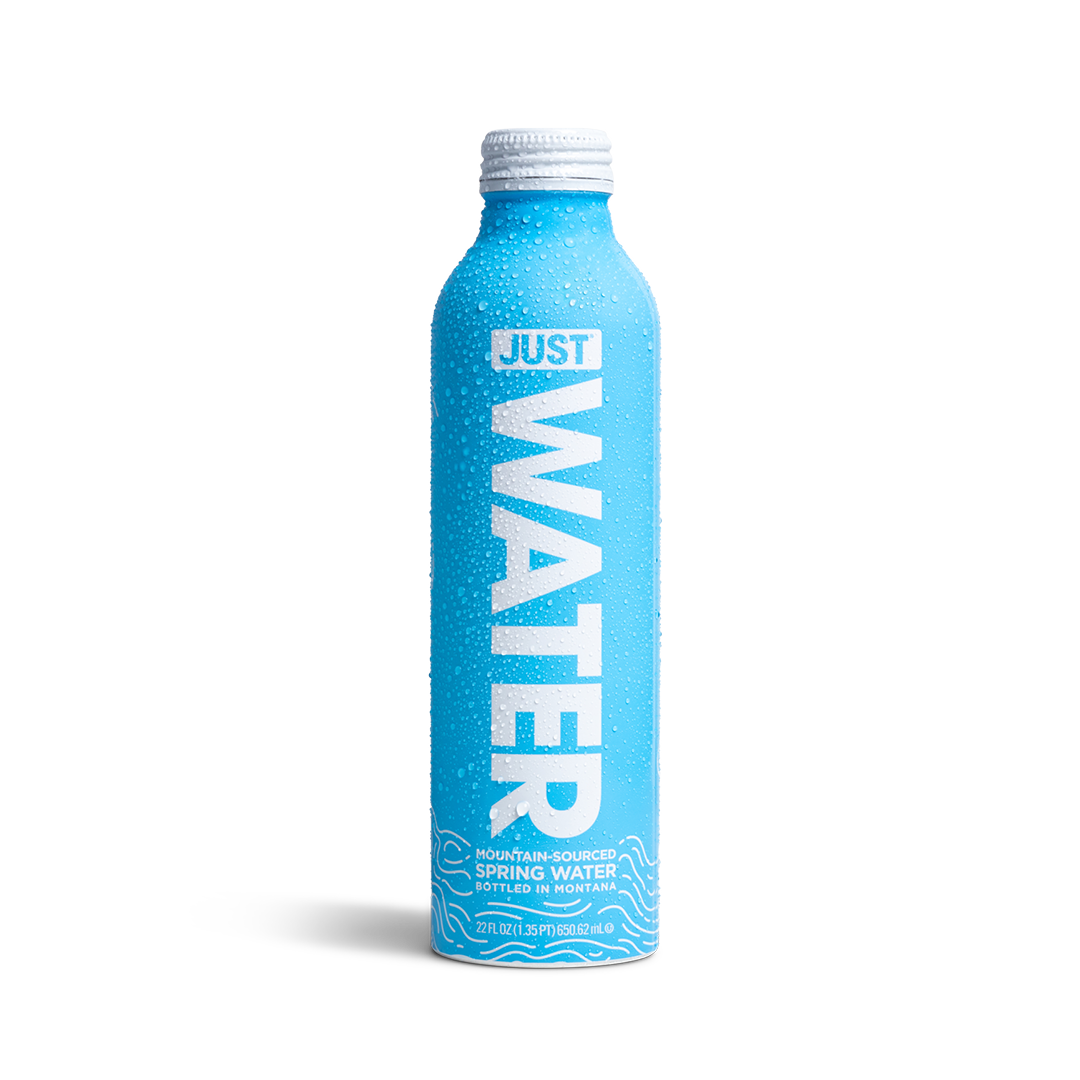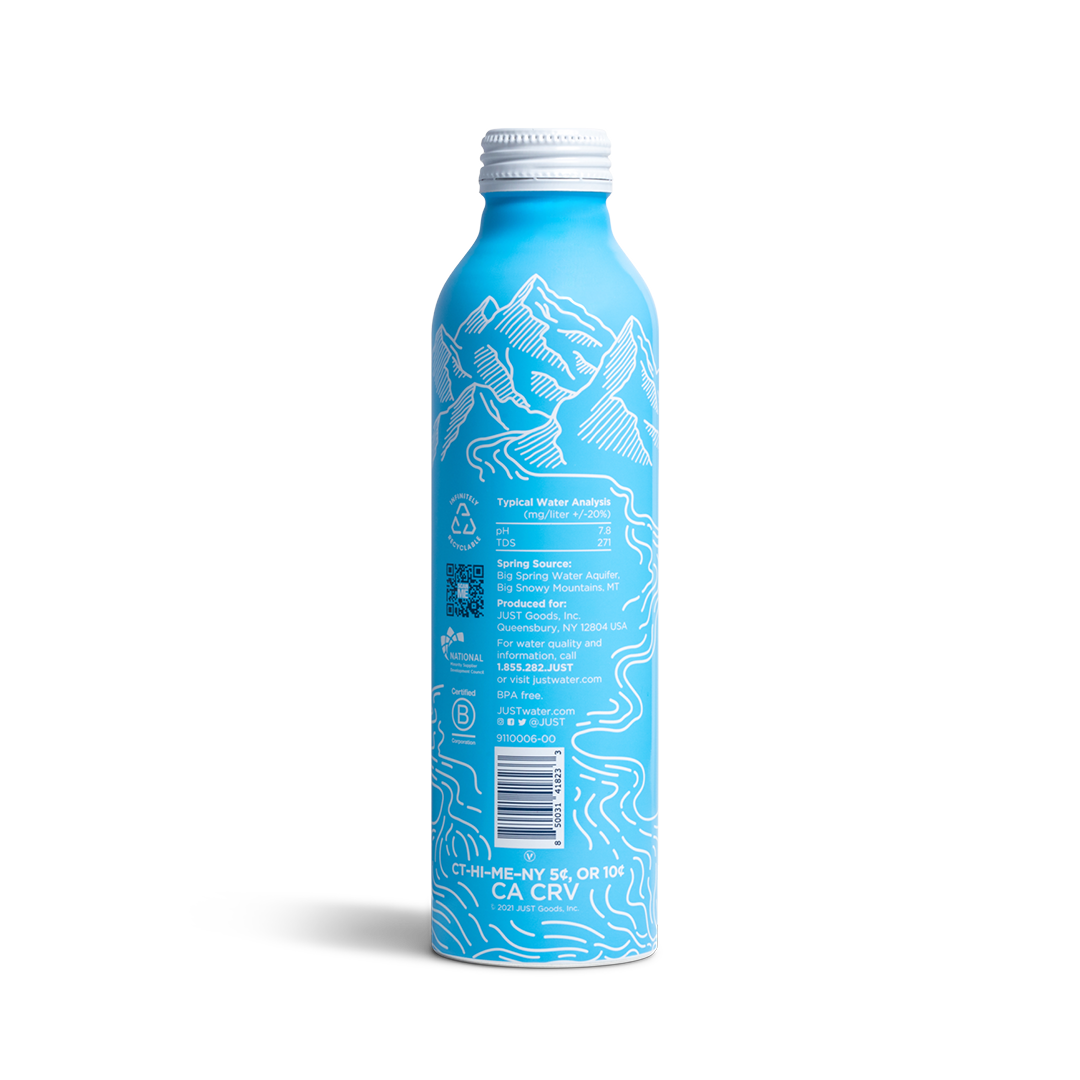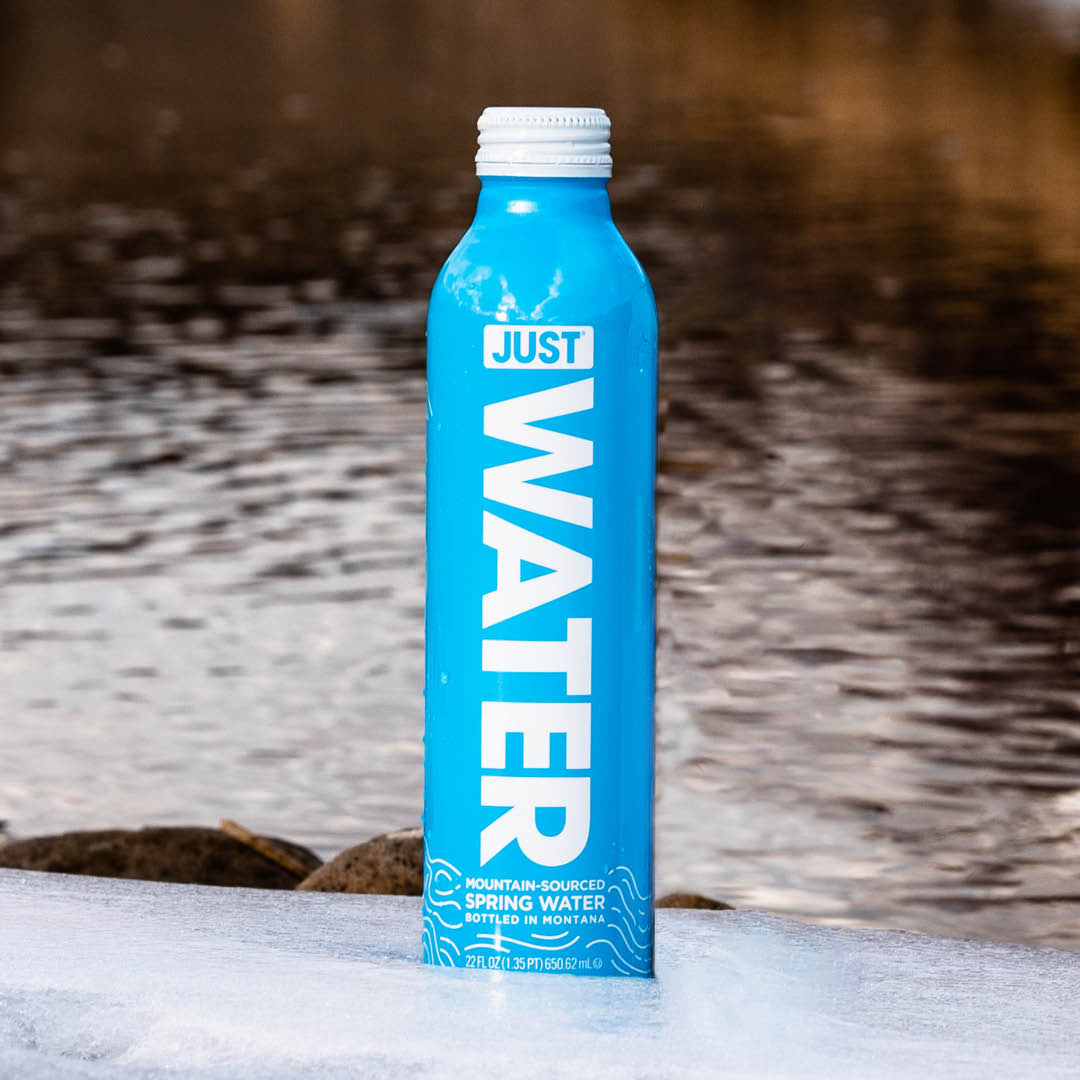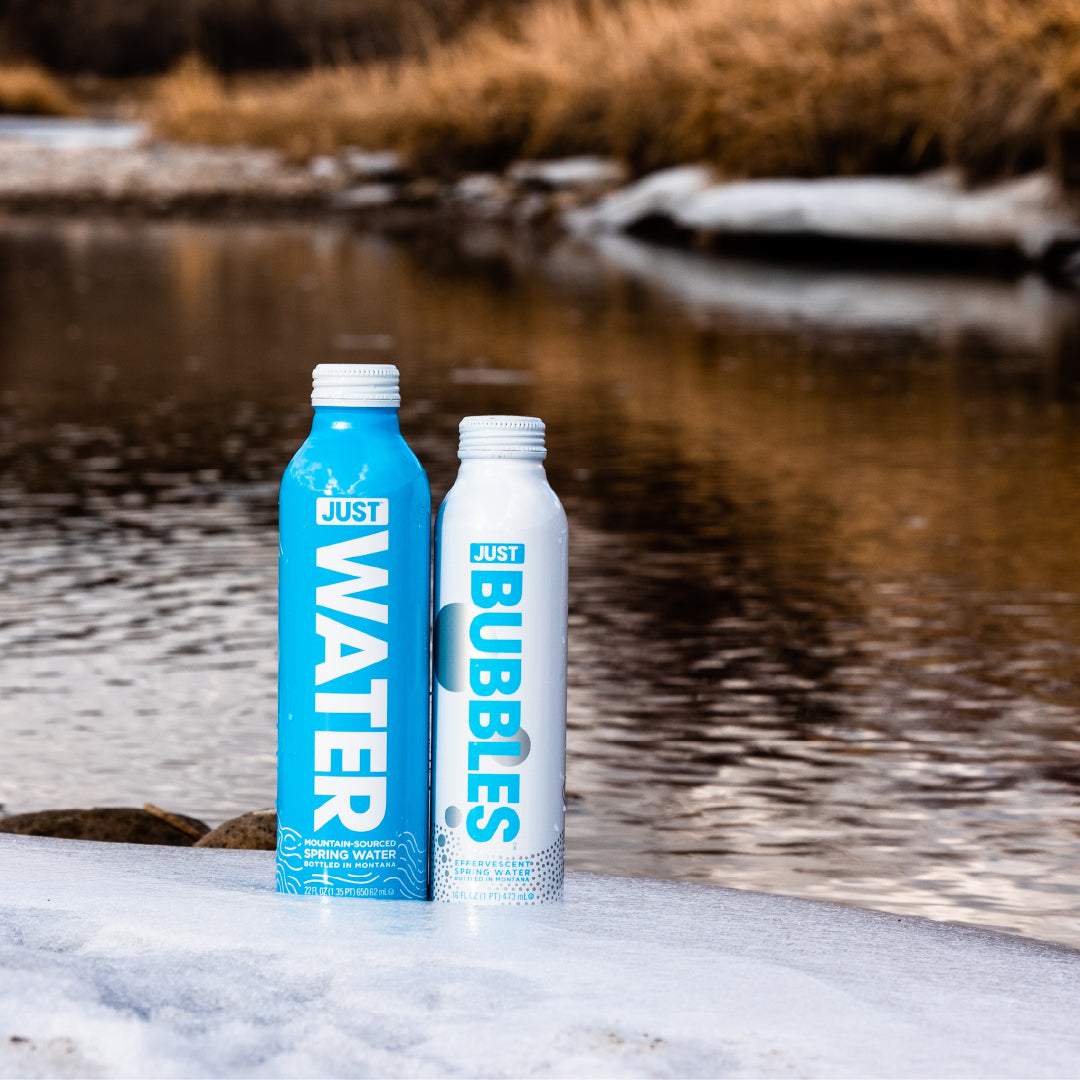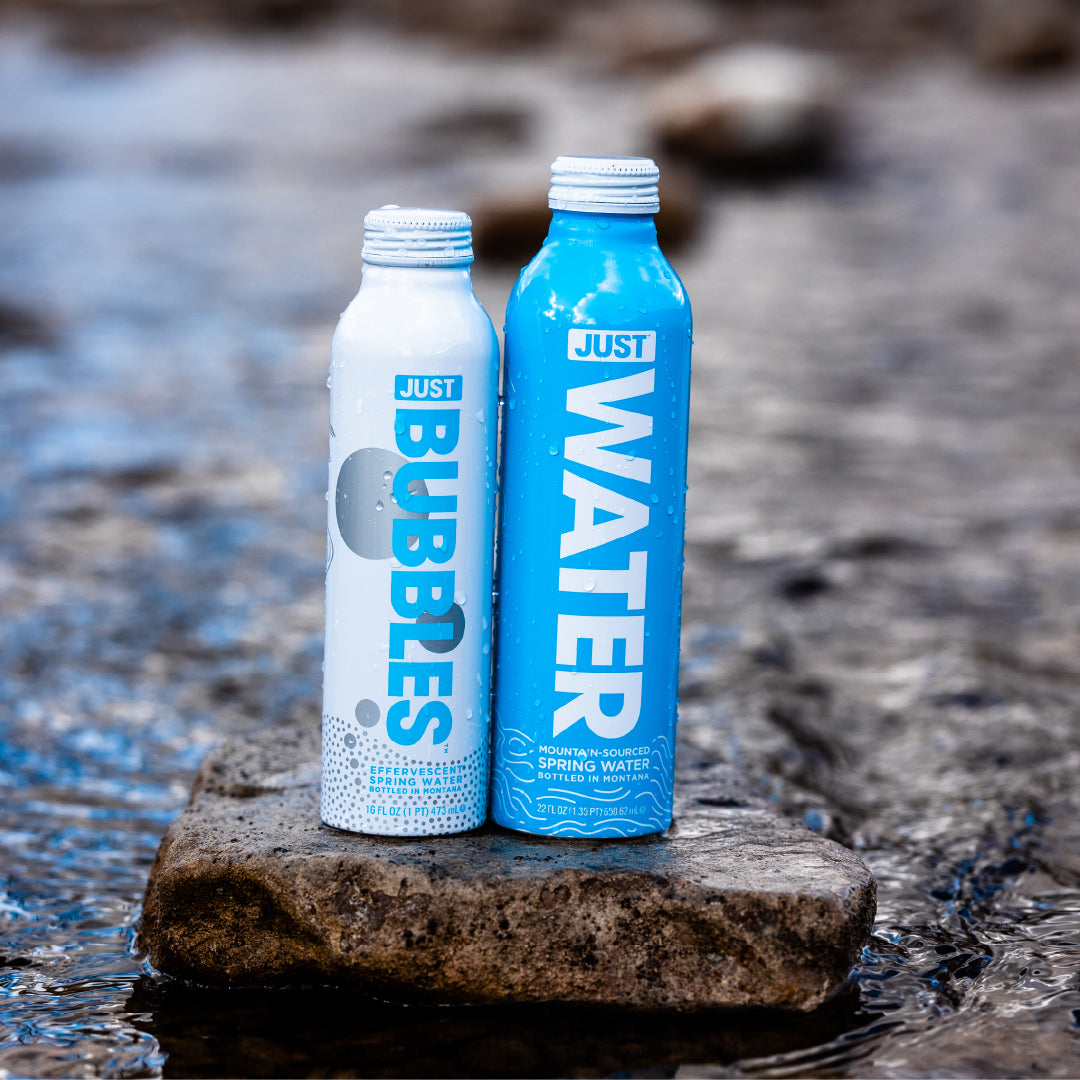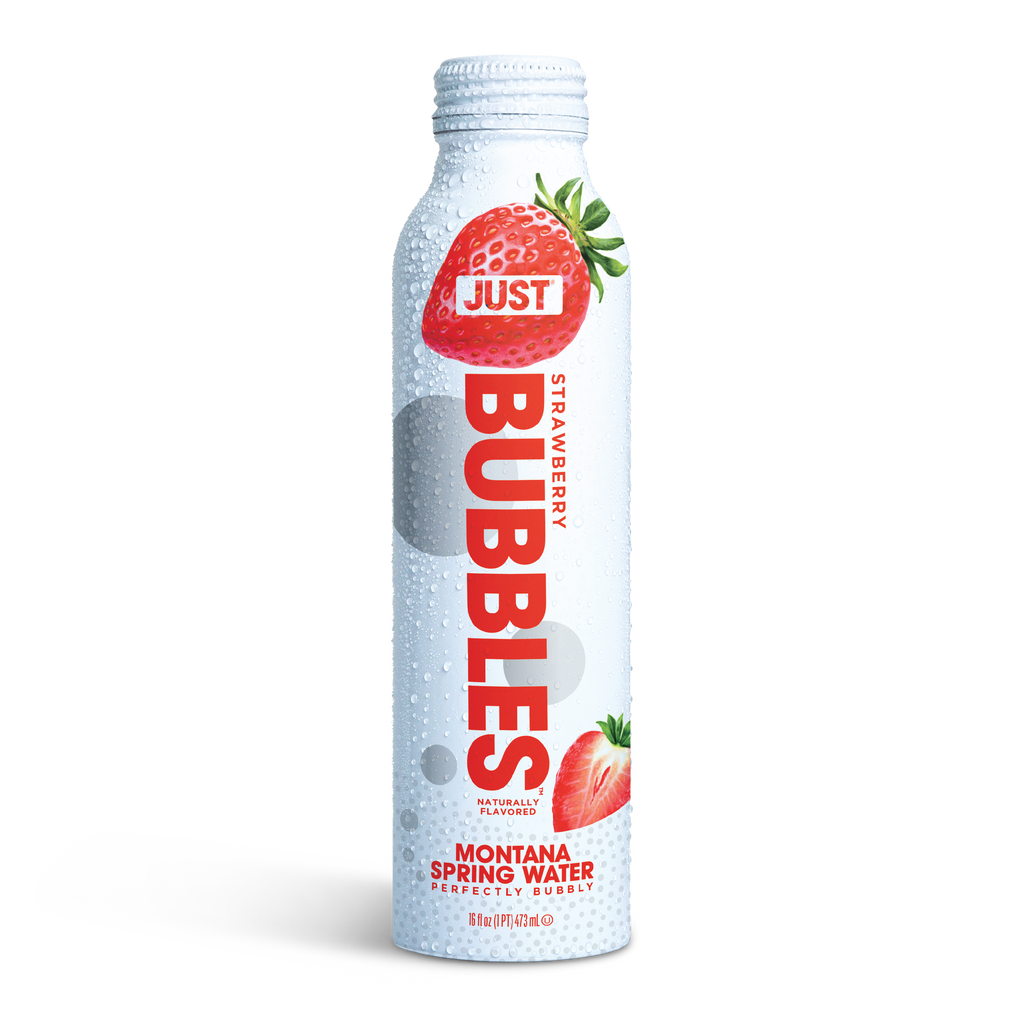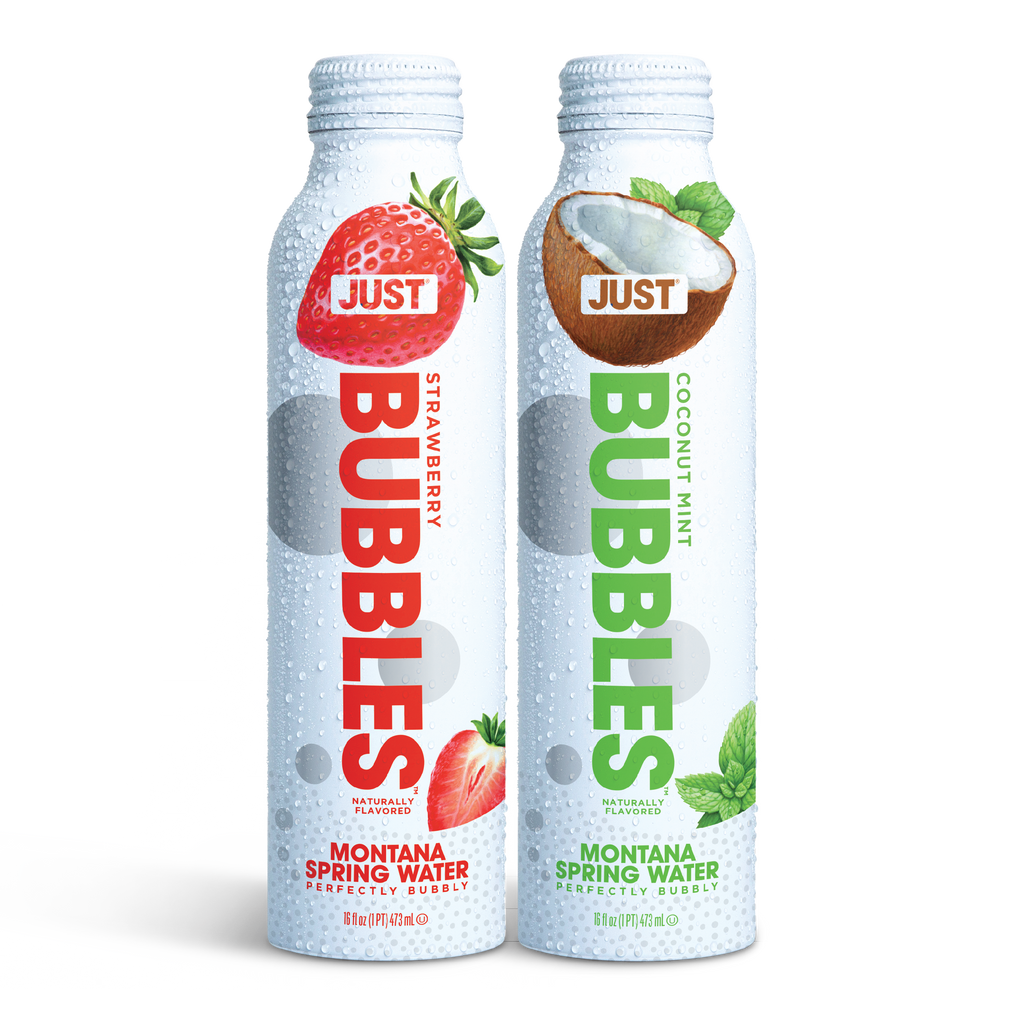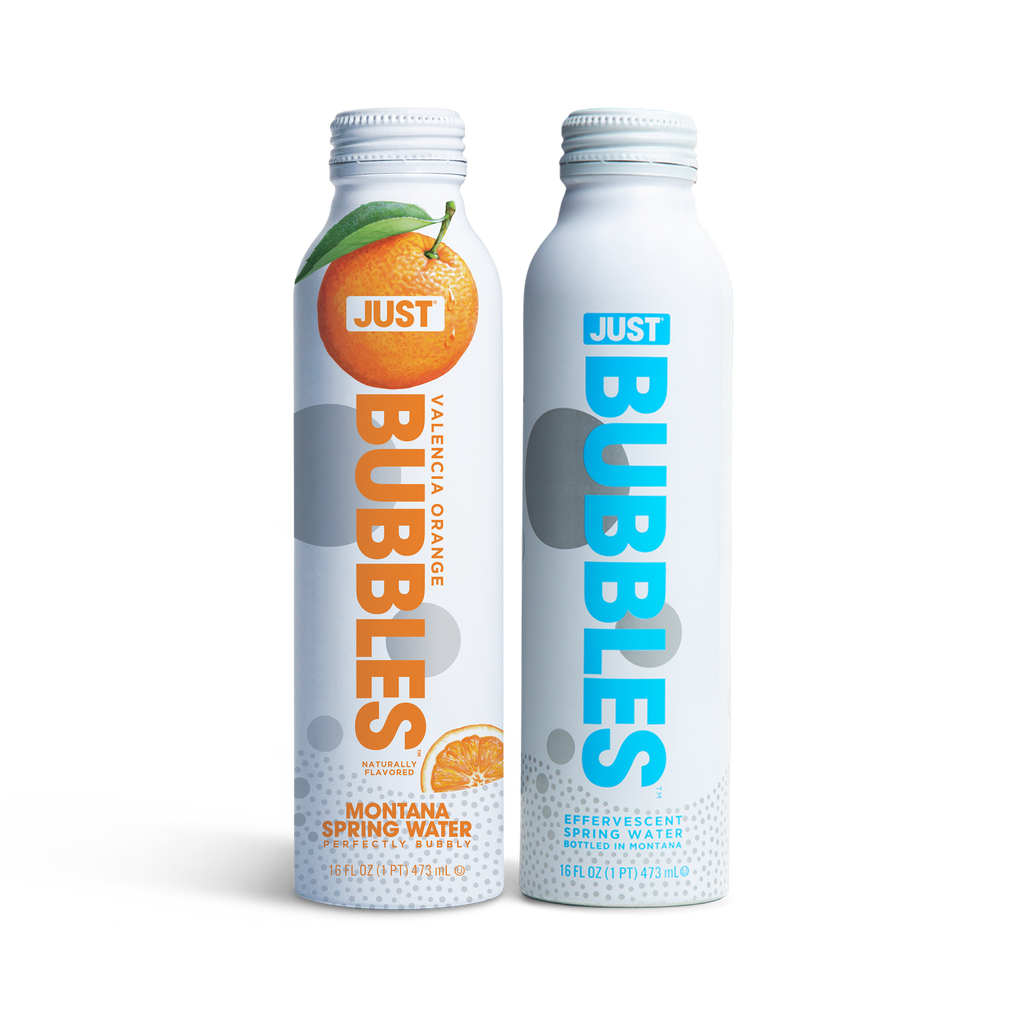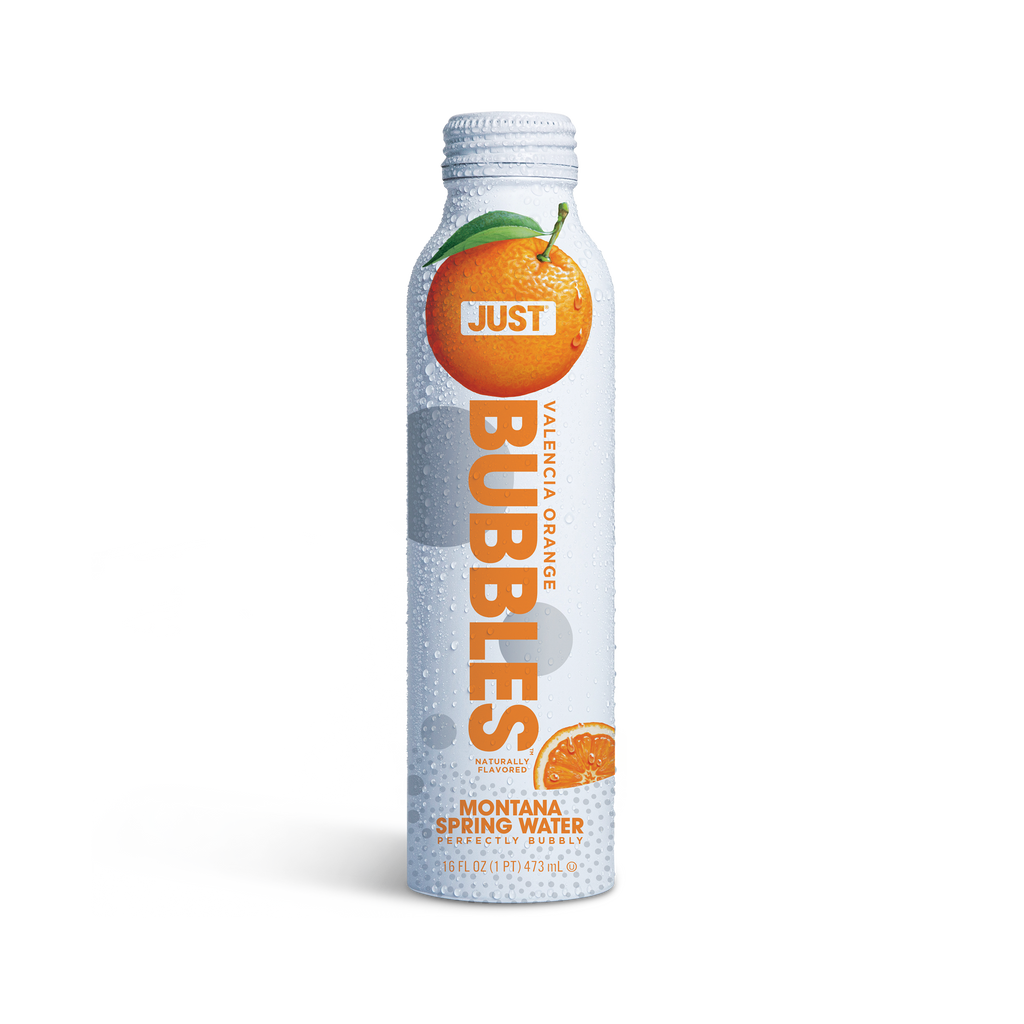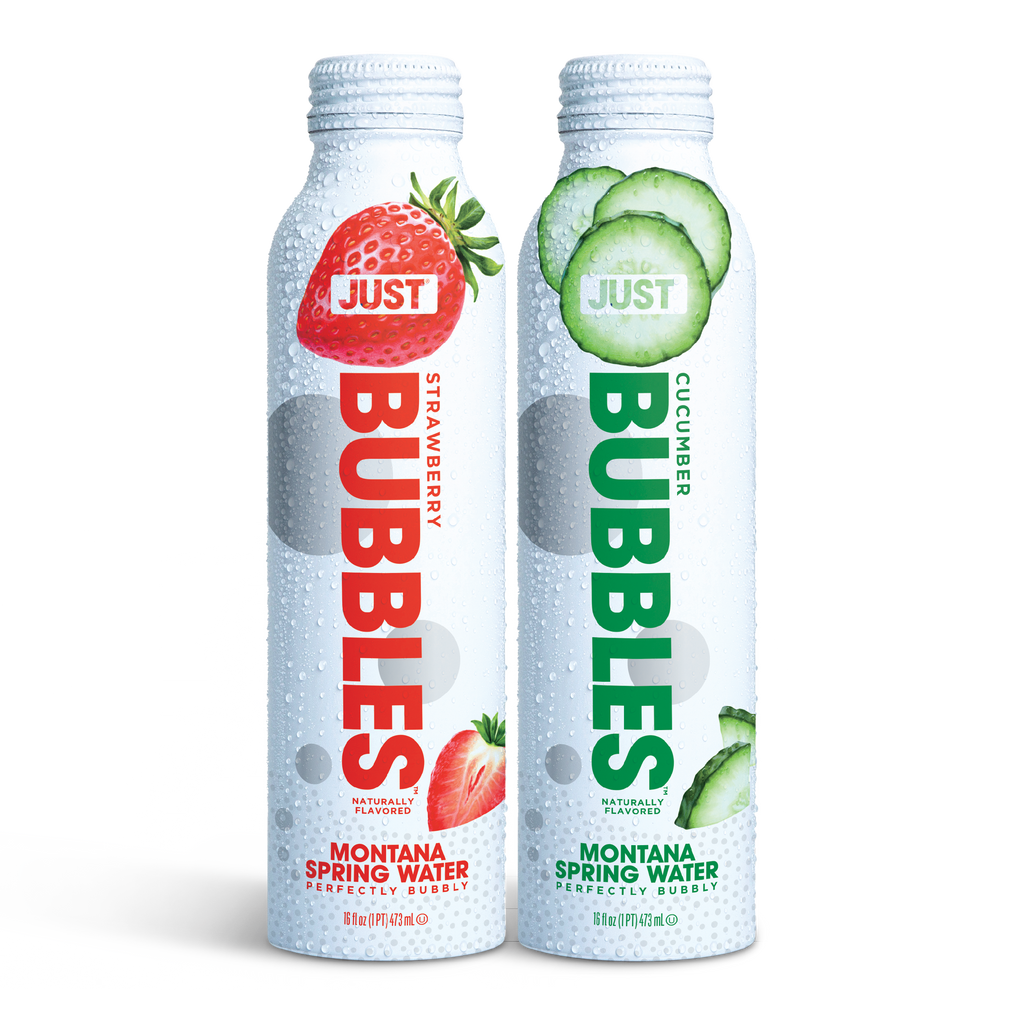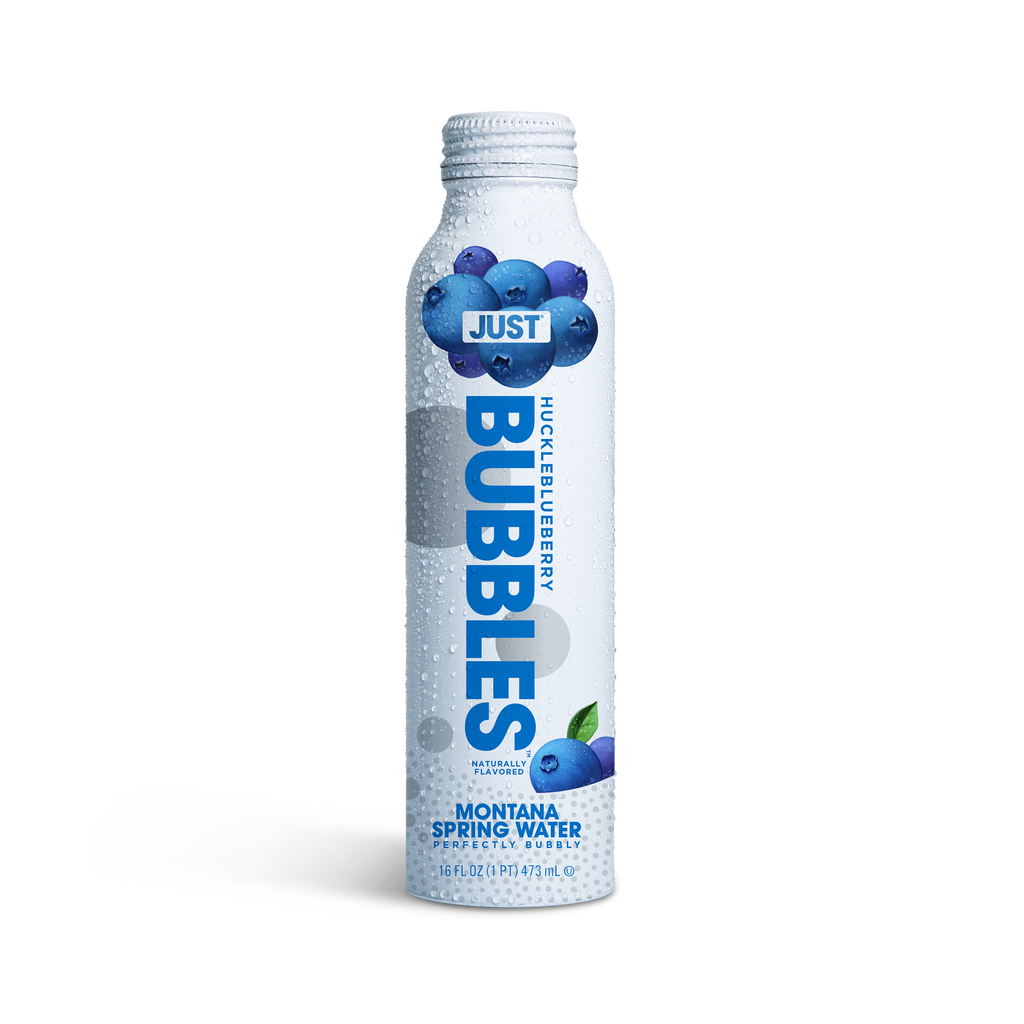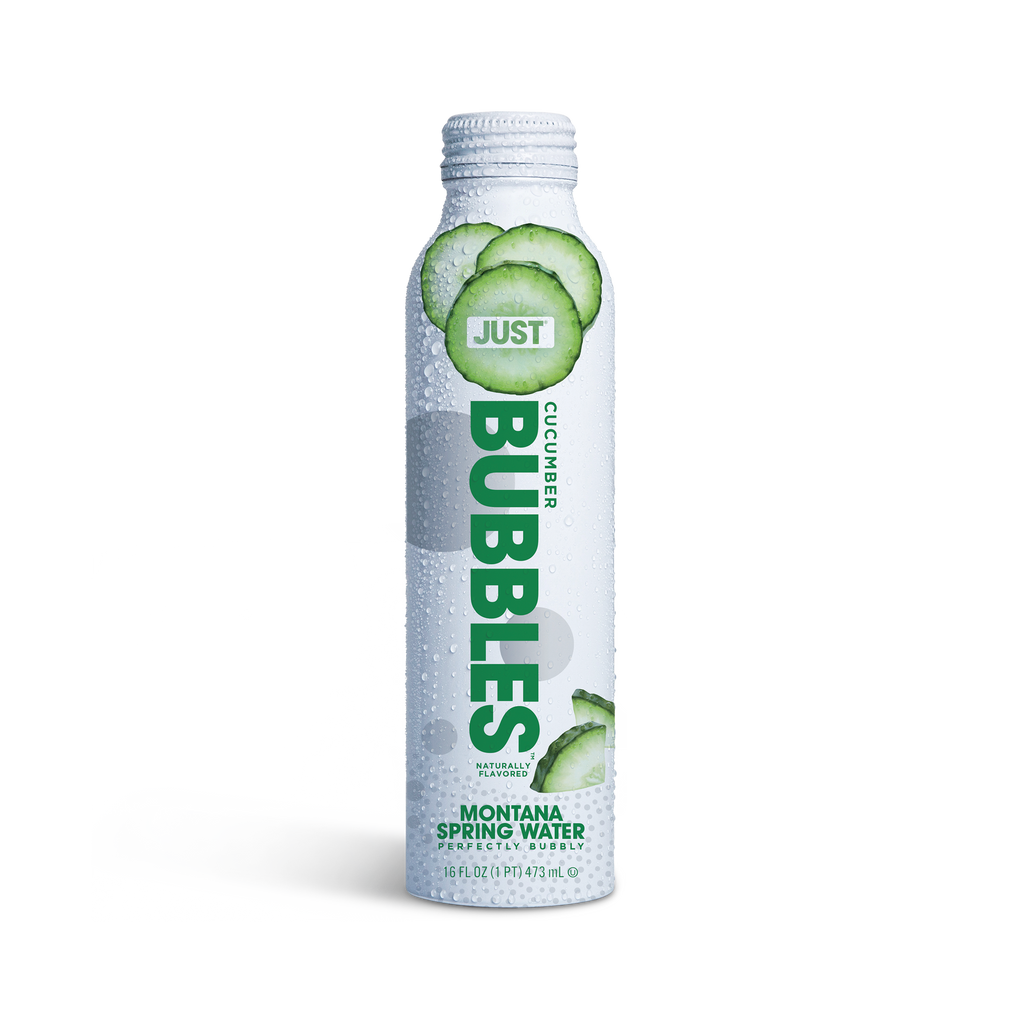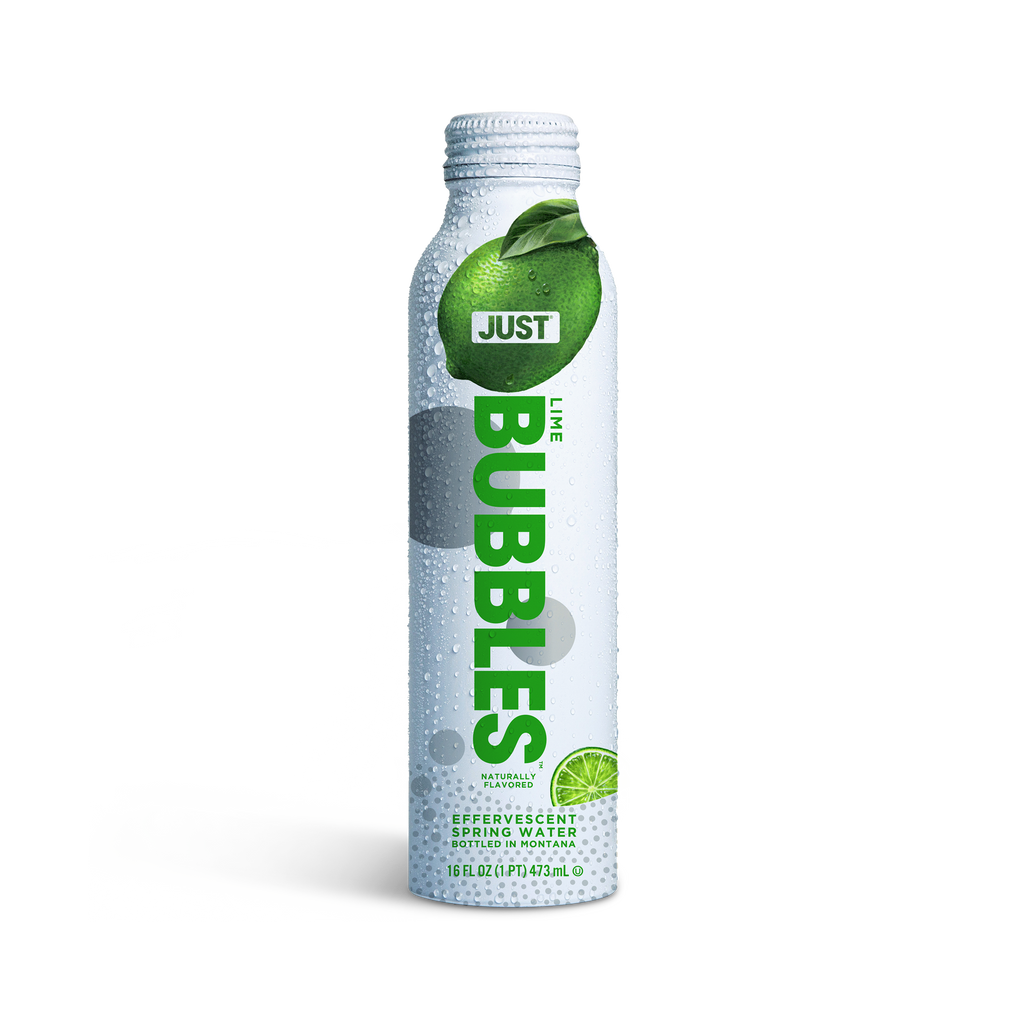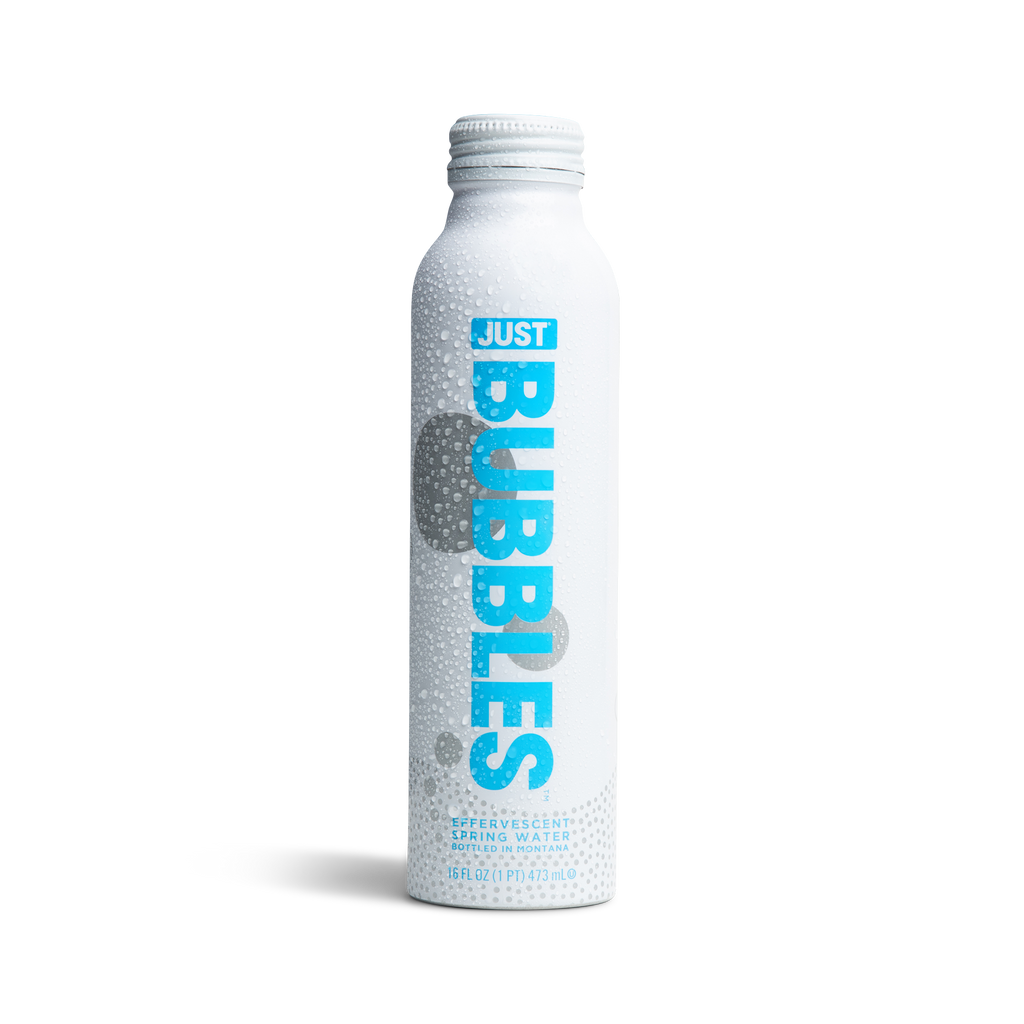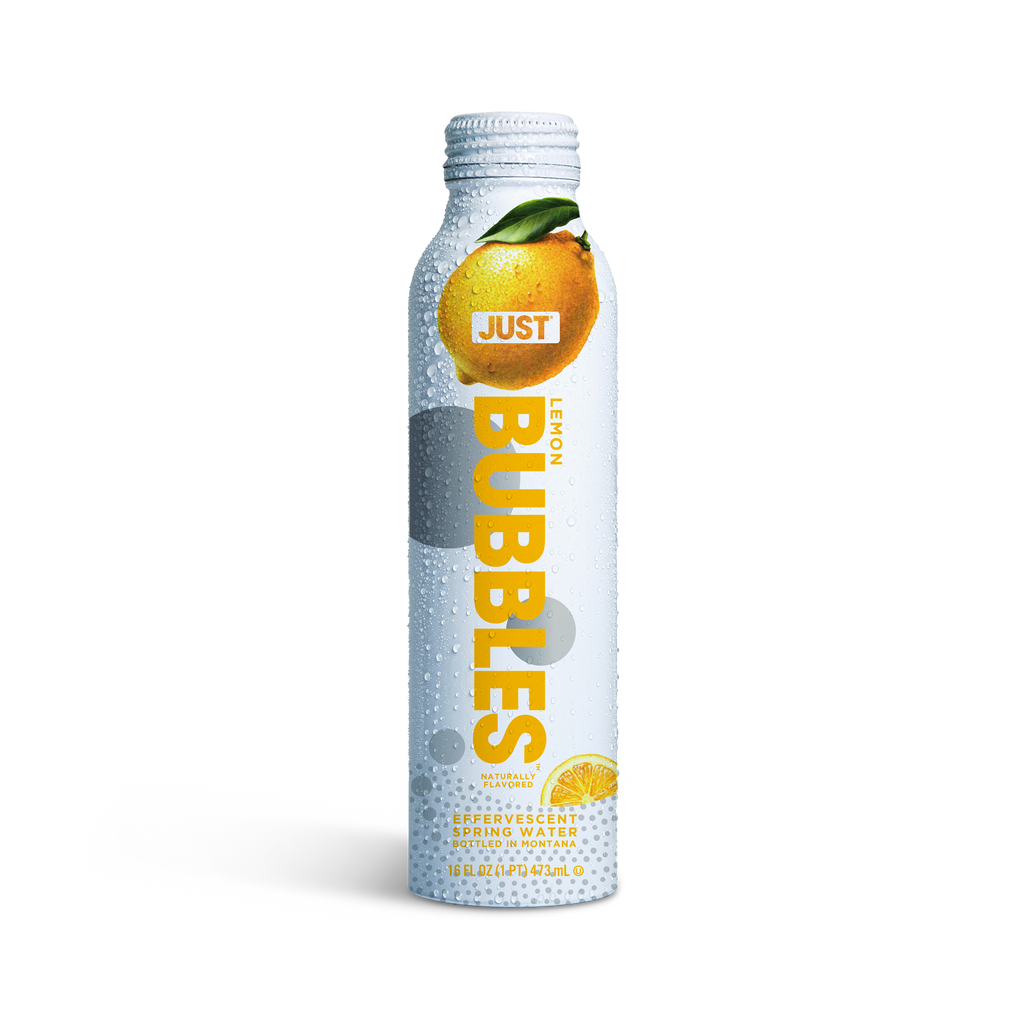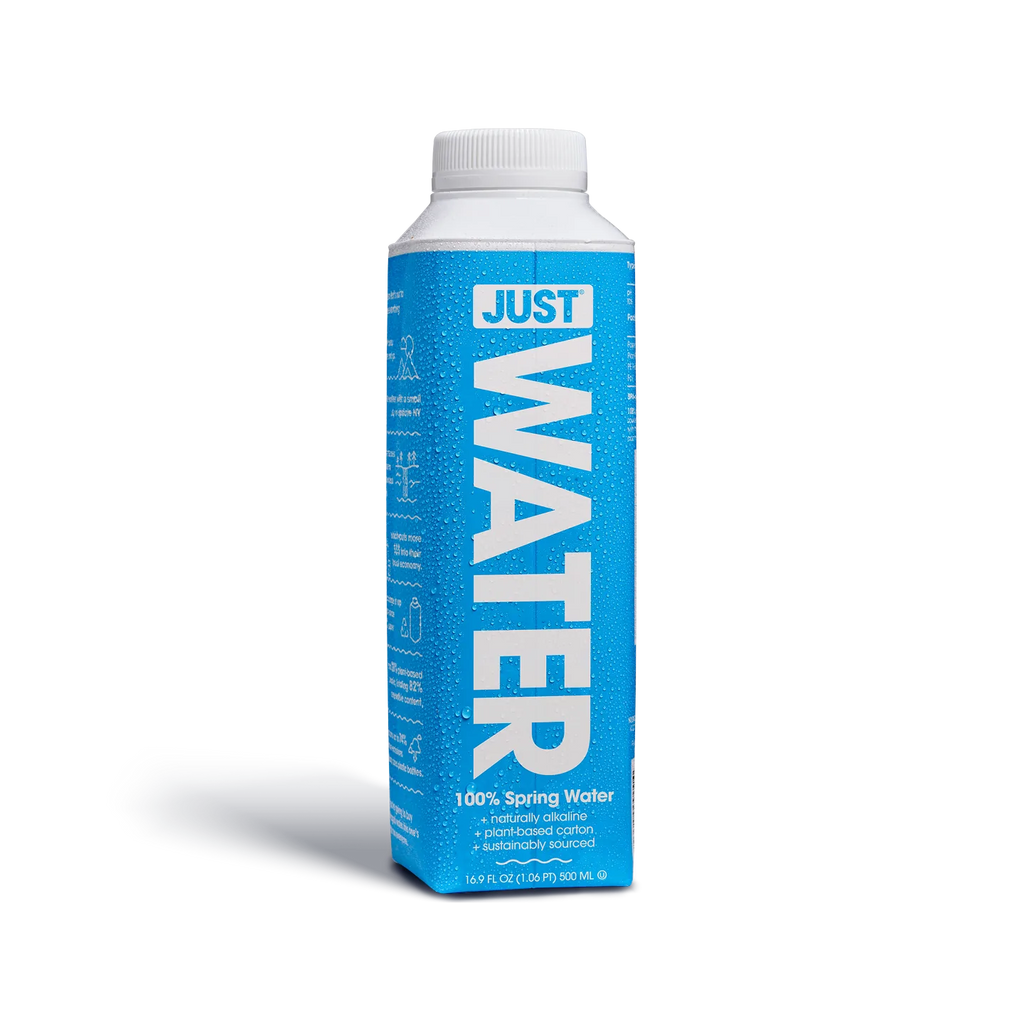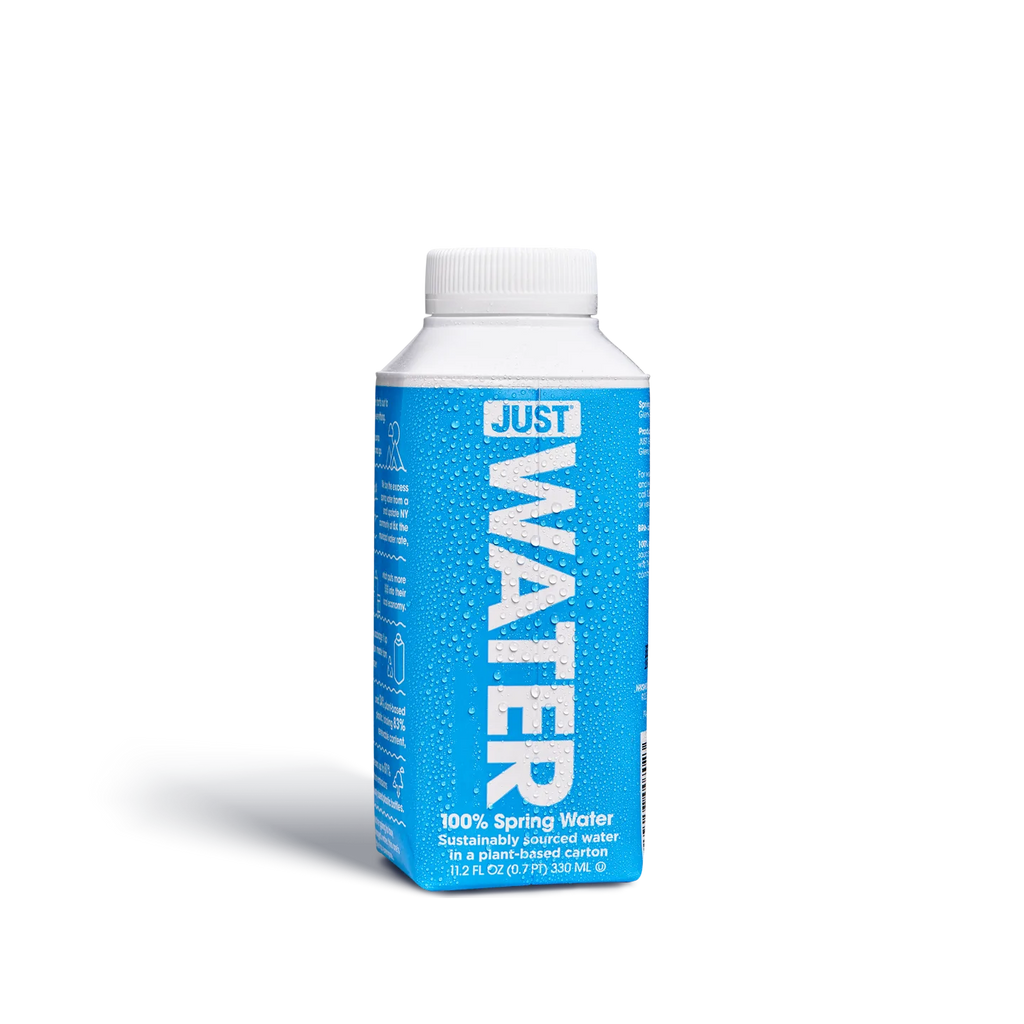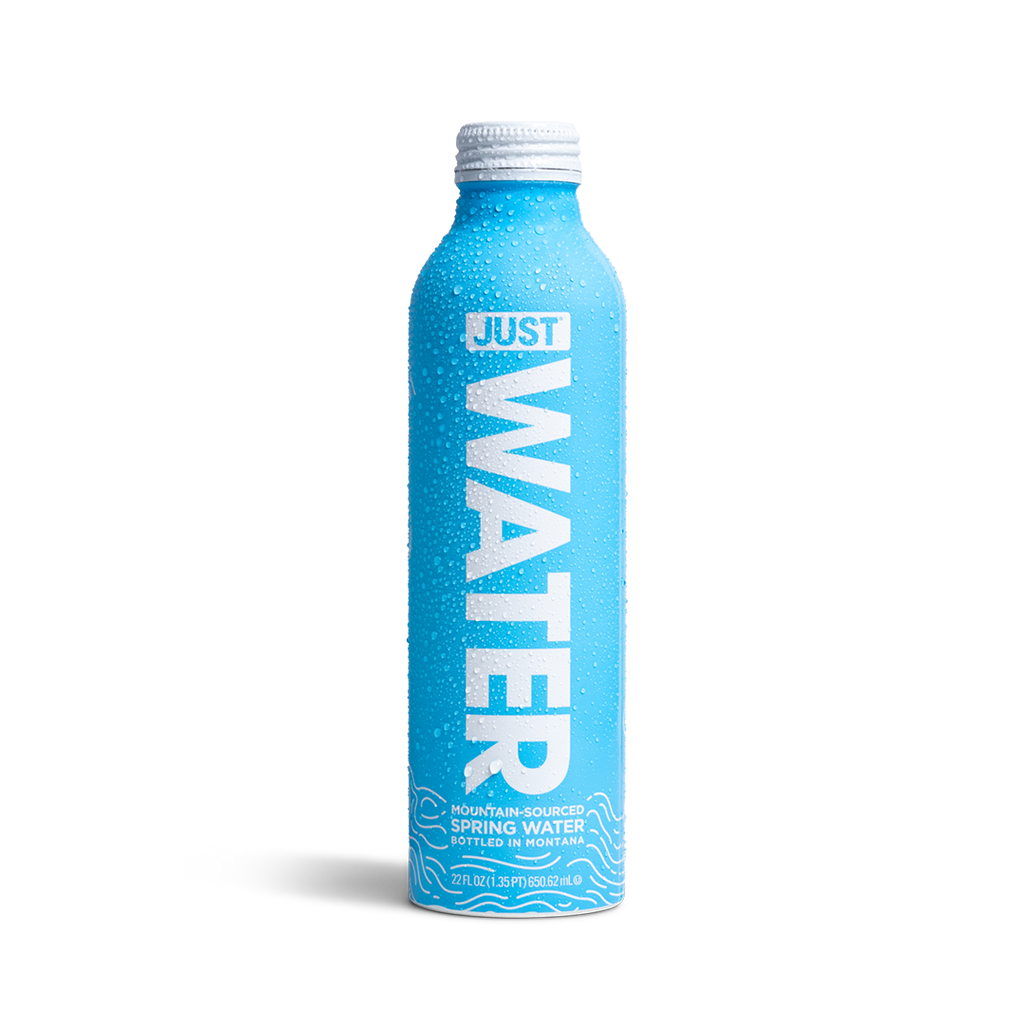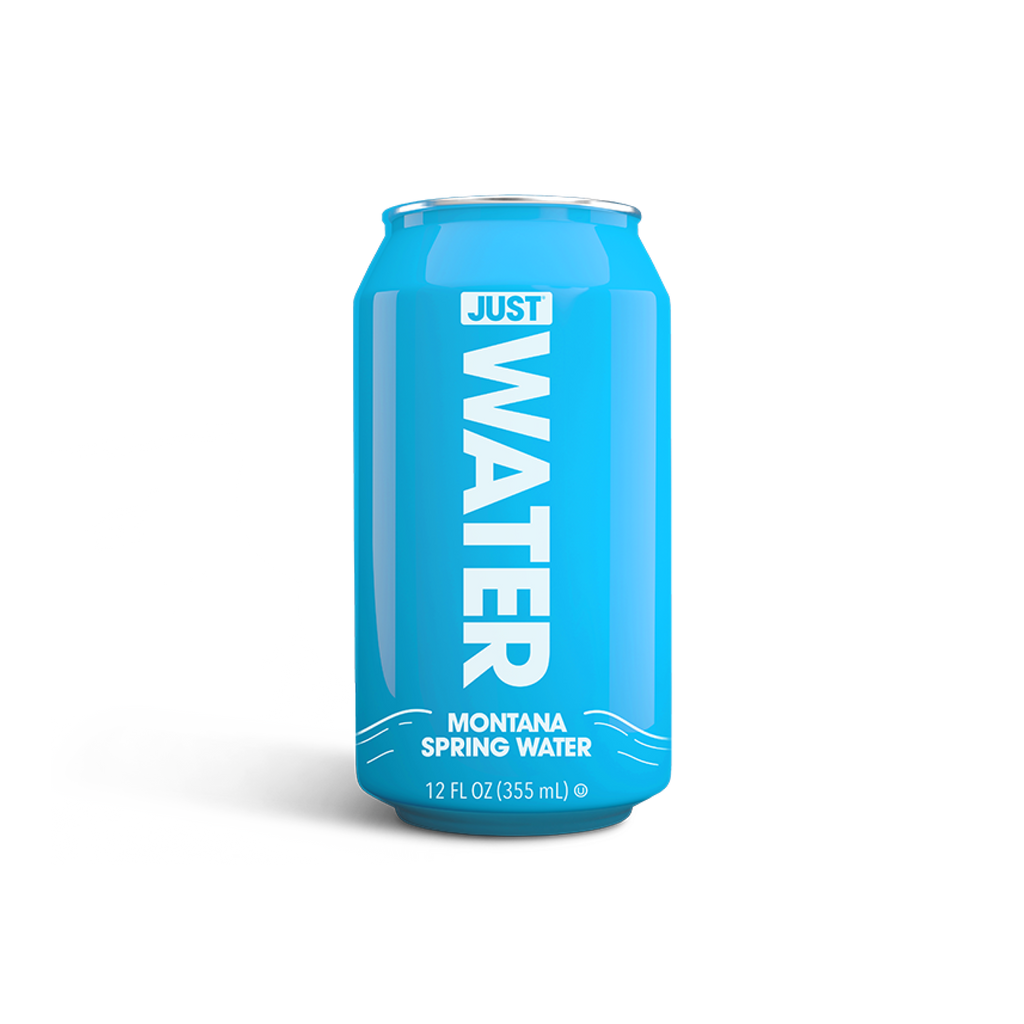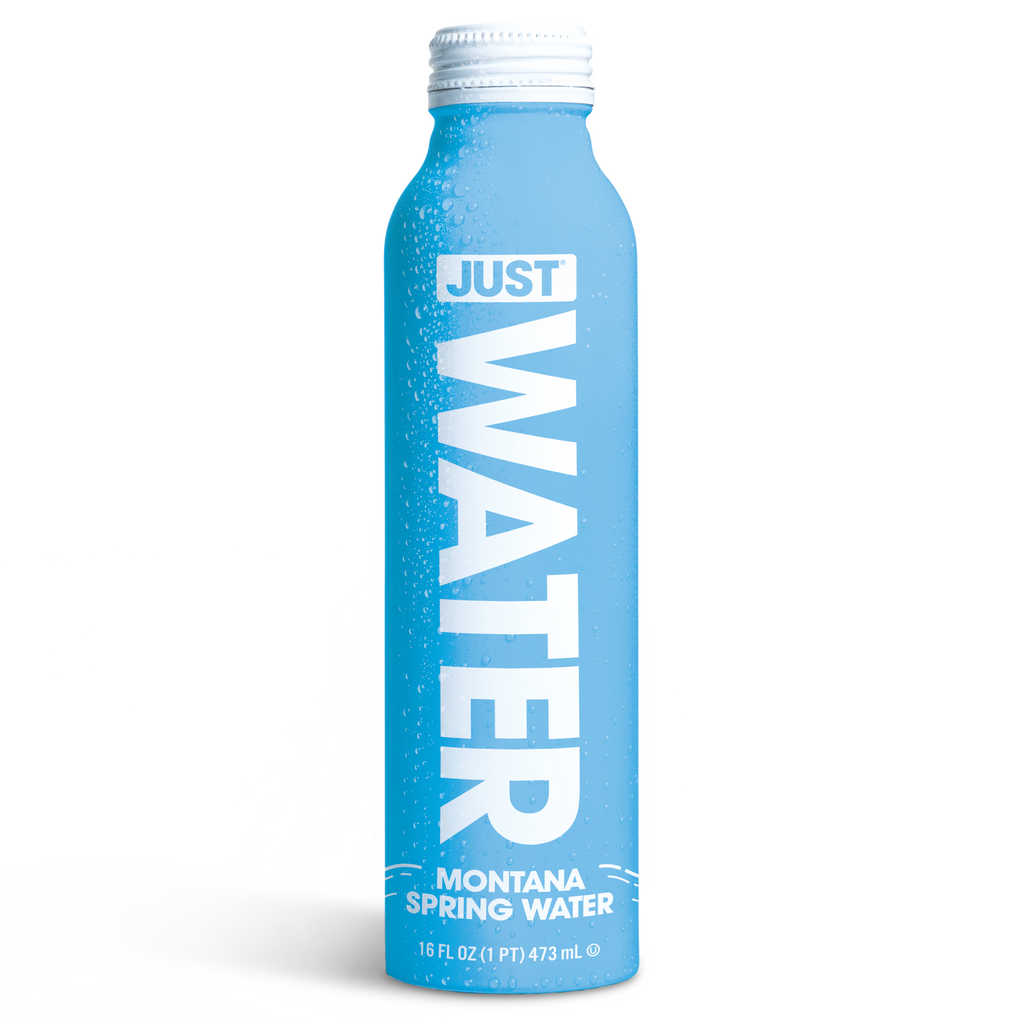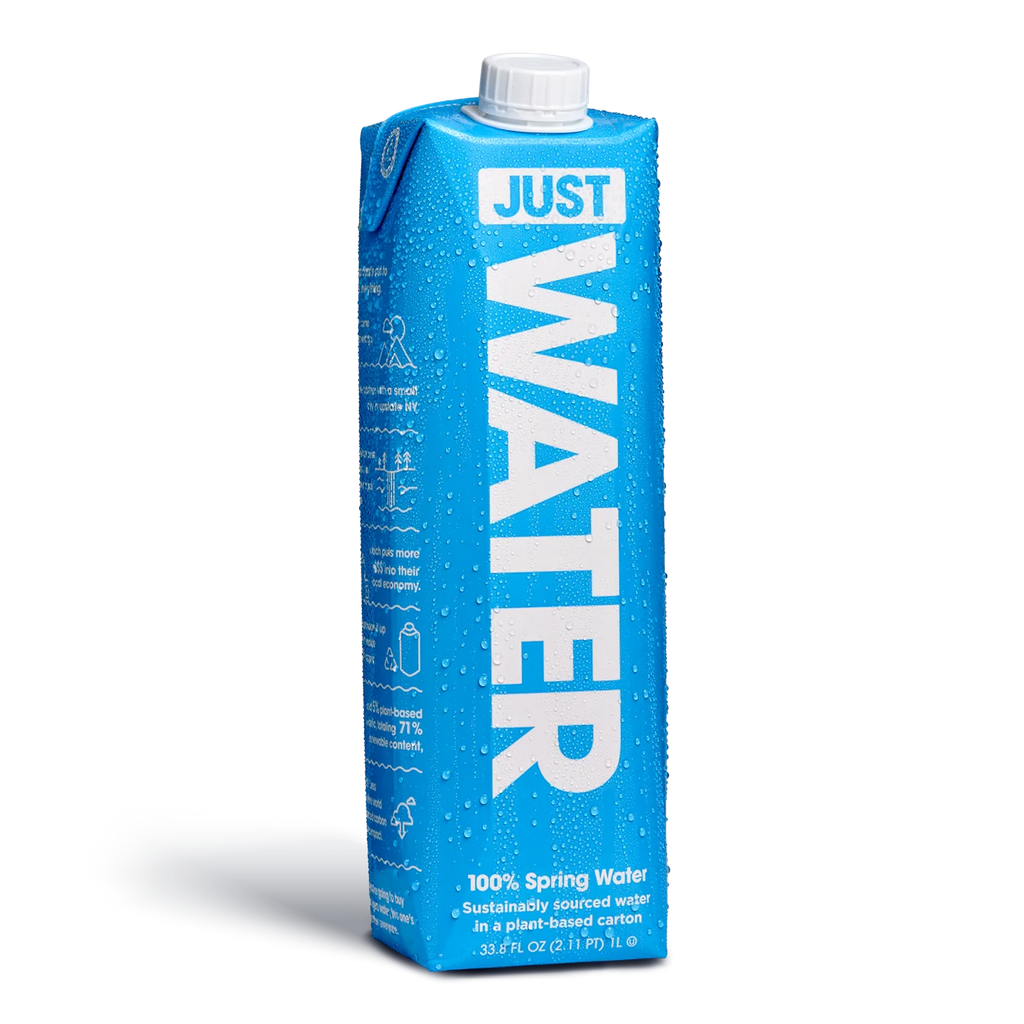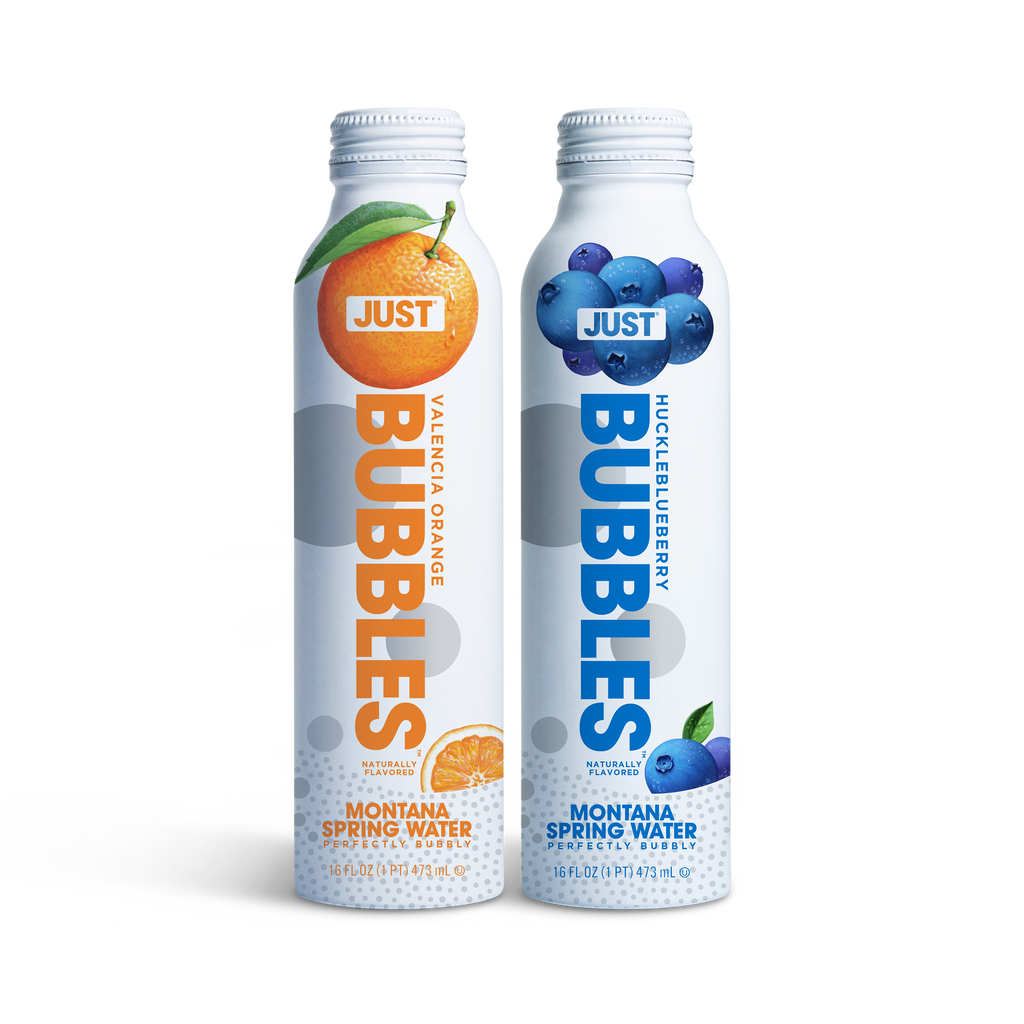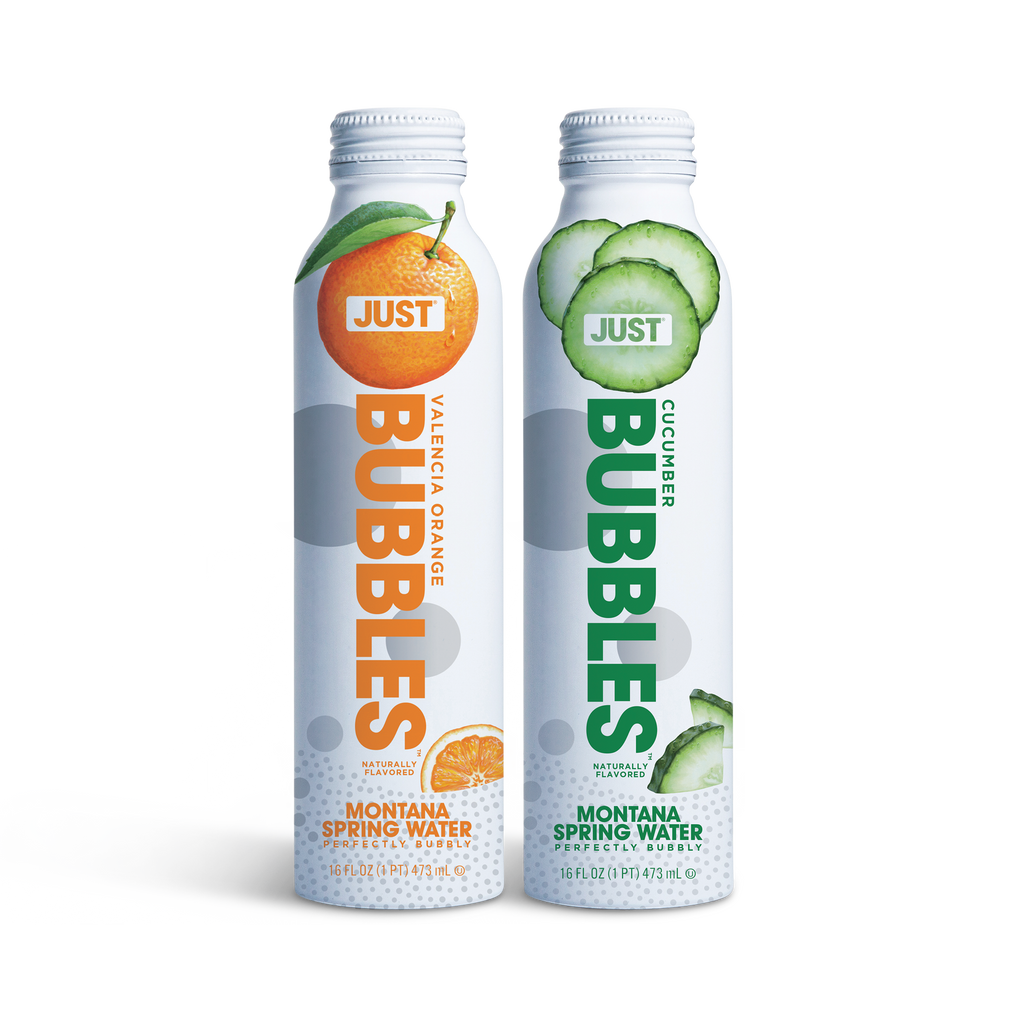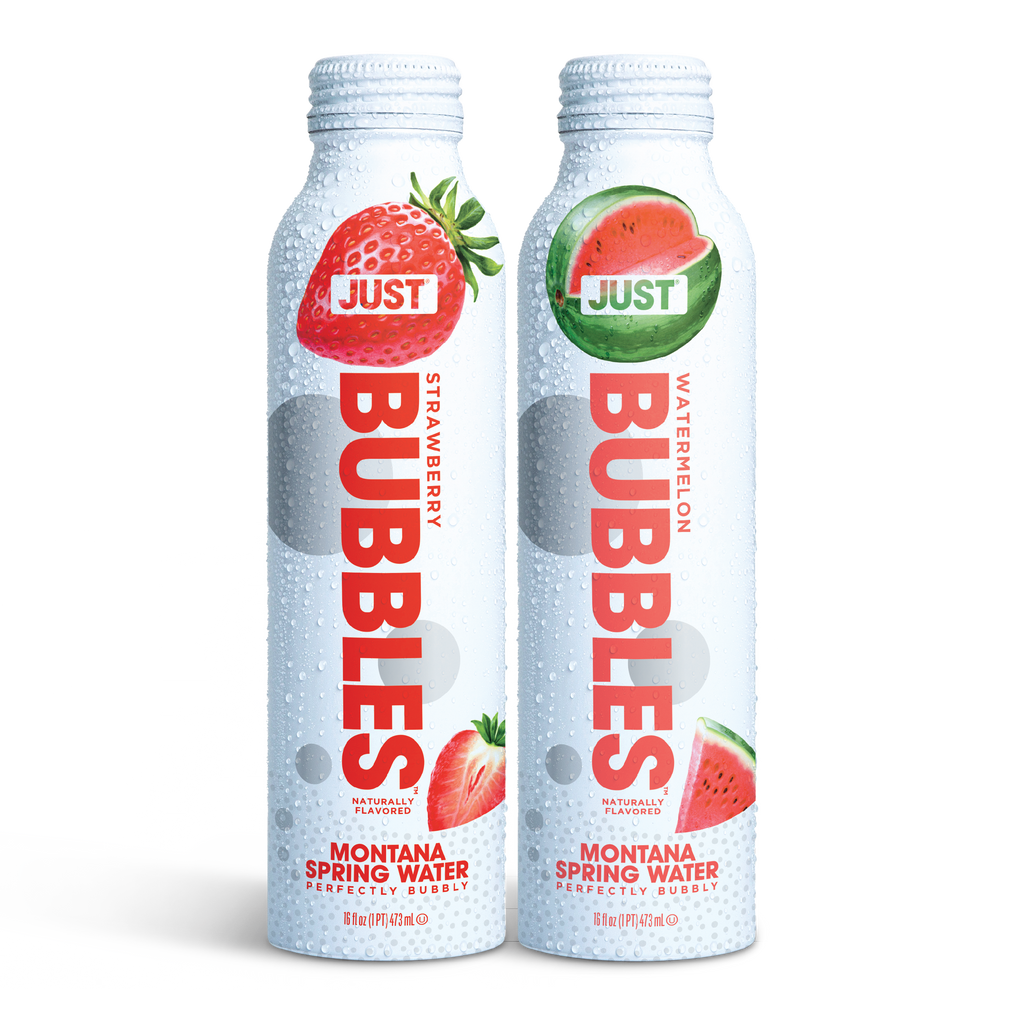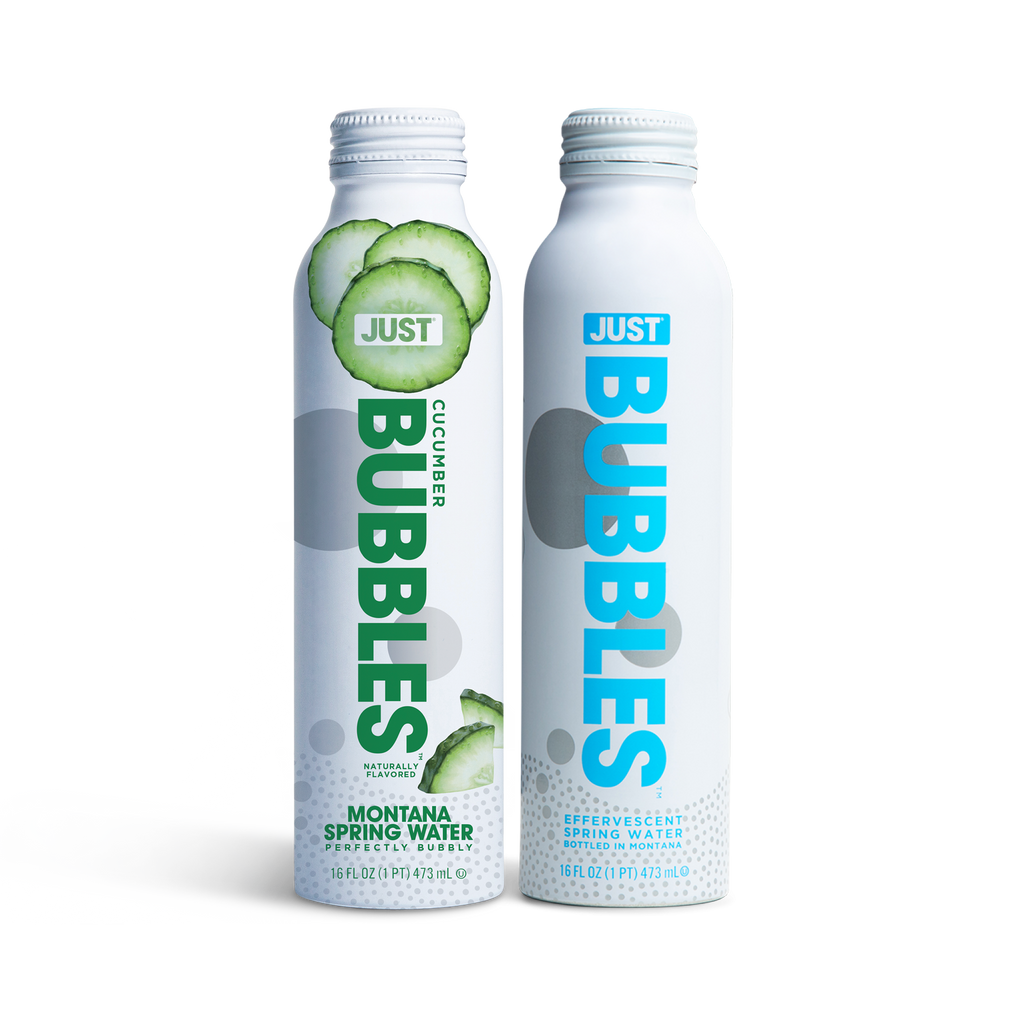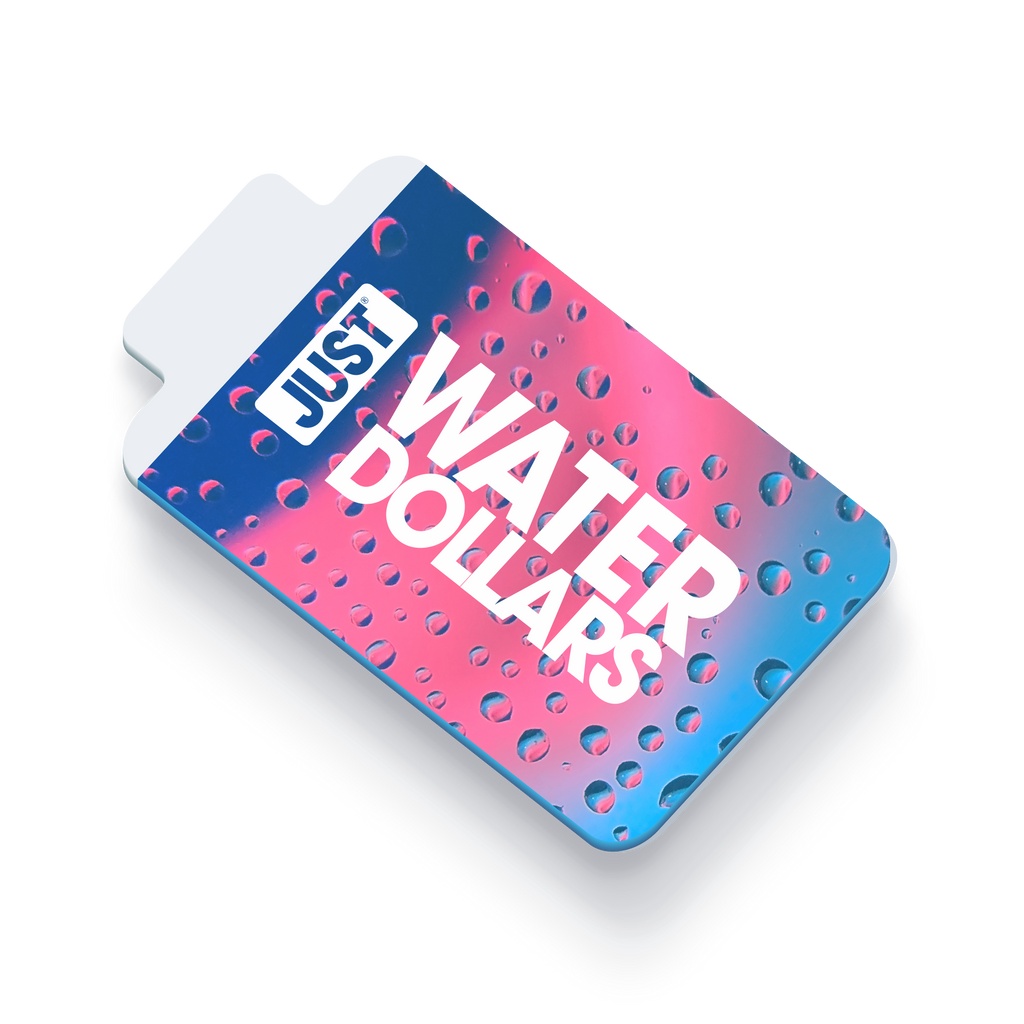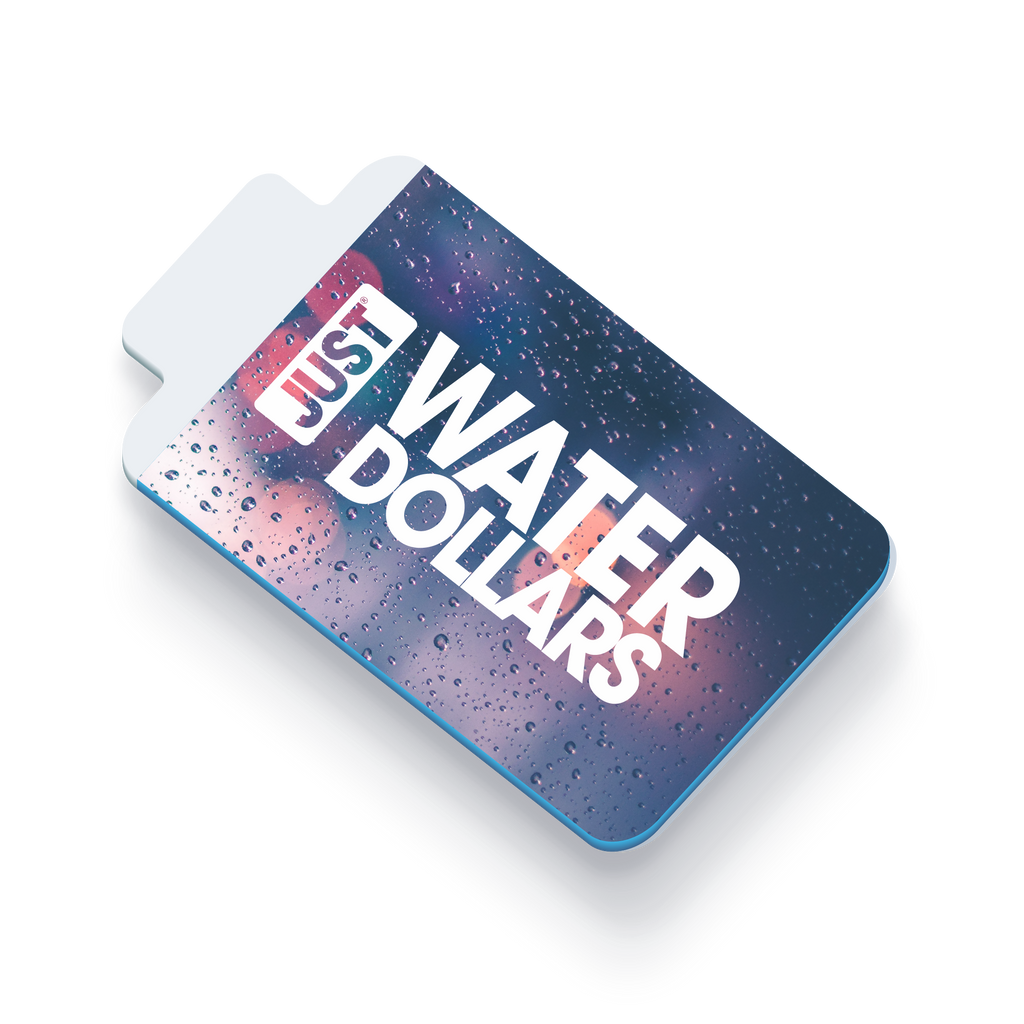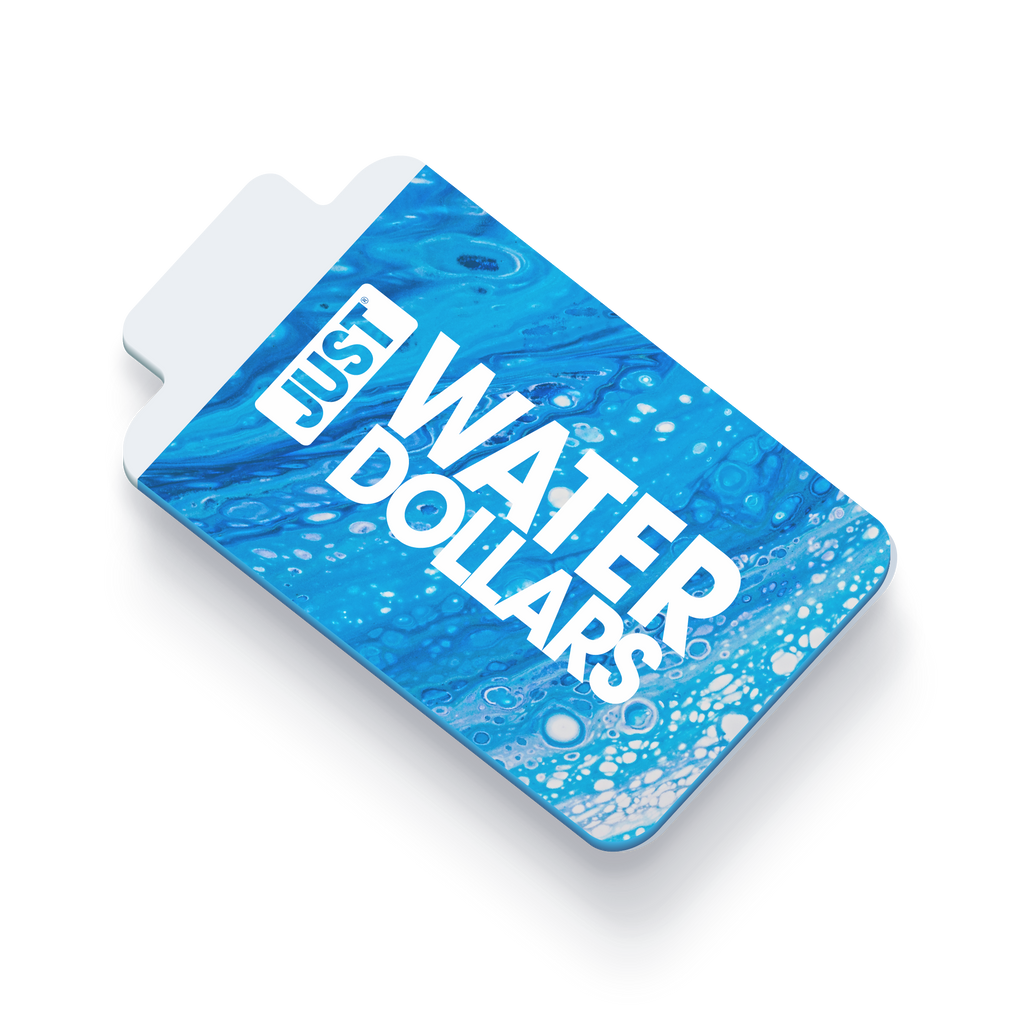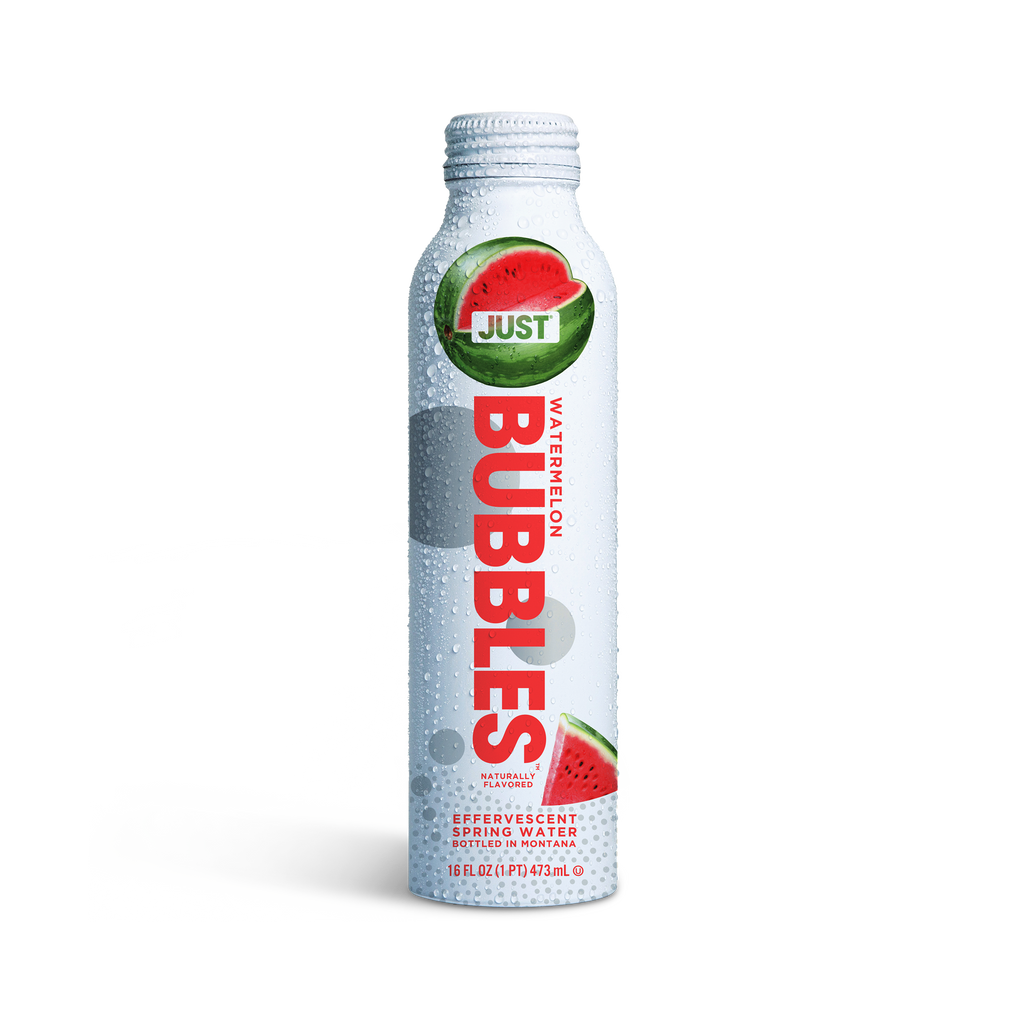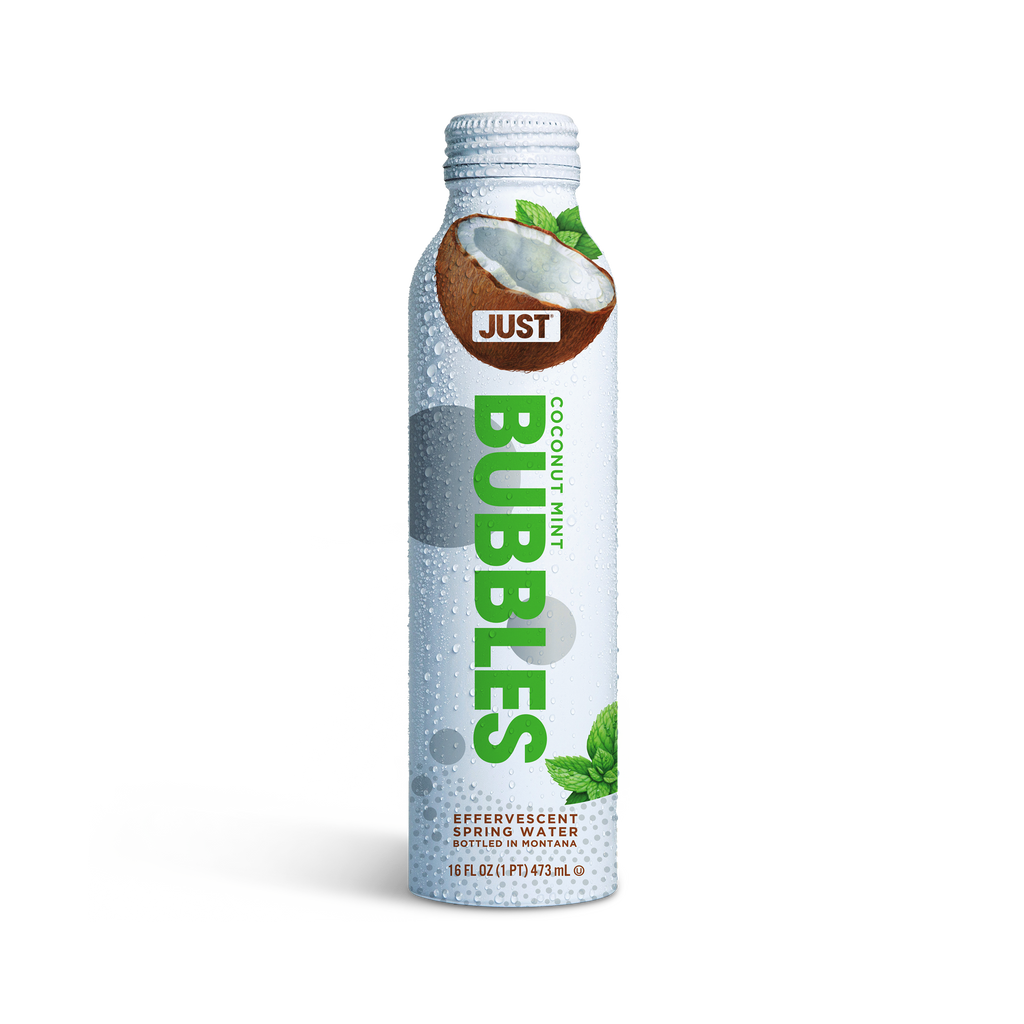THE BEST PRE-WORKOUT FUEL: HYDRATION & NUTRITION TIPS TO STEP UP YOUR SWEAT SESH
Written by Just Water
Whether you’re chasing a runner’s high, pumping iron, or zen-ing out on your yoga mat, there’s no wrong way to mindfully move your body and get your sweat on. However, if you’ve ever been hit with a grumbling stomach, a dip in energy, & worst of all, a bout of hanger mid-workout, you know the importance of appropriately fueling and hydrating before training. If you’ve been struggling to find the perfect pre-workout snack and have questions on what and how much to eat and drink before you work up a sweat, we’re here to help! We’re sharing our favorite pre- workout snacks along with science-backed recommendations on what (and how much) you should aim to drink to feel and fuel your best during your sweat sesh.
Pre-Workout Fuel to Optimize Your Exercise
When it comes to fueling up and hydrating appropriately before a workout, our recommendations will differ slightly depending on what type of exercise you’ll be doing, how long you’ll be doing it for, & how strenuous the activity will be. Don’t worry, we won’t ever leave you with an “it depends”–instead, let’s break down general guidelines for nutrition and hydration for three main categories of exercise: resistance training (weight-based, strength focused exercise), low-intensity steady state cardiovascular exercise (think long walks, slow jogs, hikes, casual cycling, etc.–anything you could easily hold a conversation while performing), and high intensity or long duration cardiovascular training (examples include high intensity interval training, long or quick-paced running, fast-cadence cycling, plyometric exercise–anything that gets your heart rate high and the sweat dripping).
Resistance Training Pre-Workout Recommendations
Hydration Goals
Aim to sip down at least 20-30 ounces of water 2 to 3 hours prior to resistance training, and then another 20 about 30 minutes prior to hitting the weights.
Nutrition Goals
When you’re planning to hit the weights, your pre-workout snack should be focused around carbohydrates first, closely followed by a high-quality protein source. To get more specific, we suggest aiming to take in slower digesting carbs, which will promote a steady stream of energy throughout your workout without a steep blood sugar crash that will come with a quick digesting carb source.
What about fats, you ask? Try to limit your fat intake pre-workout when whipping up your snack. Of each of the 3 main macronutrients (carbohydrates, proteins, and fats), fats are the slowest to be broken down and converted to energy by the body. Thus, if consumed just before a weight training session, your body might actually direct some of the energy you’re conjuring up in the gym and use it to break down and digest any fats eaten prior to your workout. If your goal is to optimize your training, increase your energy, and build strength, aim for 15-30 grams of slow-digesting carbohydrates and 10-20 grams of protein about 1 to 2 hours before resistance training.
Resistance Training Pre-Workout Snack Ideas
- 1 or 2 pieces of Whole Grain Toast + 2-3 Slices of Deli Turkey + Sliced Tomato + 1 TBSP Low-Fat or Whipped Cream Cheese + 1 Liter JUST Still Water
- Overnight Oats with ½ cup Oatmeal, ½ Cup Greek Yogurt, & ½ Sliced Banana + 1 Infused Lemon JUST Water
- Mint-Chocolate Protein Shake with 1 Scoop Chocolate Protein Powder + 1 Medjool Dates + 1 Banana + 1 Cup Ice + 1 Infused Mint JUST Water (blend & enjoy)
- 2 to 3 Rice Cakes + ½ to 1 Full Can of Tuna in Water mixed with 2 TBSP Greek Yogurt & Fresh Dill + JUST Cucumber Bubbles
High-Intensity Cardiovascular Training Pre-Workout Recommendations
Hydration Goals
Of the 3 categories of exercise we’re discussing, high-intensity cardiovascular training is most significantly affected by dehydration. In fact, studies show that dehydration can impair high-intensity endurance by up to 10%. To avoid hitting “the wall” many runners and “cardio bunnies” know all too well, shoot to sip down 25-30 oz of water 2-3 hours before your workout, and an additional 8 oz 30 minutes prior to exercise. Then, aim for at least 16 oz of water for every hour you’re grinding through your sweat sesh.
Nutrition Goals
For high-intensity endurance workouts lasting between 1 to 1.5 hours in length, aim to take in about 40-50% of the daily carbohydrates recommended. Research shows that 1.6-1.8 grams of carbohydrates per pound of body weight per day is the sweet spot here, which means that a 100 lbs person would want to take in about 64-80 grams of carbohydrates (preferably quick-digesting) prior to exercise. Pair that with a high-quality source of protein, which helps mitigate post-exercise soreness and promotes muscle tissue repair, & you’ve got a solid pre-workout nutrition plan to help you nail your workout.
High-Intensity Cardiovascular Training Pre-Workout Snack Ideas
- ½ Cup of Greek Yogurt + 1 Whole Banana (sliced) + 1-2 TBSP Honey + ⅓-½ Cup Whole Grain Granola or Cereal + 16 oz JUST Still
- 2 Slices Whole Wheat Bread + 2 TBSP Whipped or Low Fat Cream Cheese + 2 TBSP Real Fruit Jam + JUST HuckleBlueberry Bubbles
- 3-4 Rice Cakes + 2 TBSP Powdered Peanut Butter mixed with ¼-⅓ Cup Greek Yogurt + 2 TBSP Honey or Maple Syrup + 4-5 Sliced Strawberries + JUST Watermelon Bubbles
- 2 Slices Whole Grain Bread + 2-4 Slices Low Fat Cheese + 2 Hard Boiled Eggs + 2 TBSP Hot Honey + 16 oz JUST Still
Low-Intensity, Steady-State Training Pre-Workout Recommendations
Hydration Goals
For lighter, more leisurely cardiovascular exercise, try to take in at least 16 oz of water about half an hour before setting out on your workout. Continue hydrating as needed during and after exercise based on your own body ques.
Nutrition Goals
When you’re planning on a lower-intensity workout, shoot to consume 1.2 to 1.4 grams of carbohydrates total for the day. Of this total, try to take in about 40% of these total carbs 1 to 2 hours before you exercise. Again, if we use a 100 lbs person as an example, they would want to get about 48-56 carbohydrates in their pre-workout snack. Additionally, because you’re able to perform low intensity exercise for a longer duration, it’s not a bad idea to add some healthy fats (anywhere from 7-14 grams), which will supply a steady stream of energy as they’re slowly broken down and digested by the body.
Low-Intensity, Steady-State Training Pre-Workout Snack Ideas
- ½ Cup Dried Fruit + ¼ Cup Walnuts + 16 oz JUST Still
- 1 Apple + 1-1.5 TBSP Almond Butter + JUST Original Bubbles
- 2 Rice Cakes + 1-1.5 TBSP Peanut Butter + JUST Valencia Orange Bubbles
- Turkey Roll-Ups with 2-3 Slices Deli Turkey + 2 Romaine Leaves + 2 TBSP Hummus + JUST Lemon Bubbles
If you’re ready to hone in on your workouts and optimize your time in and out of the gym, give these nutrient-packed snacks a shot! As we like to say, feel good, fuel good.
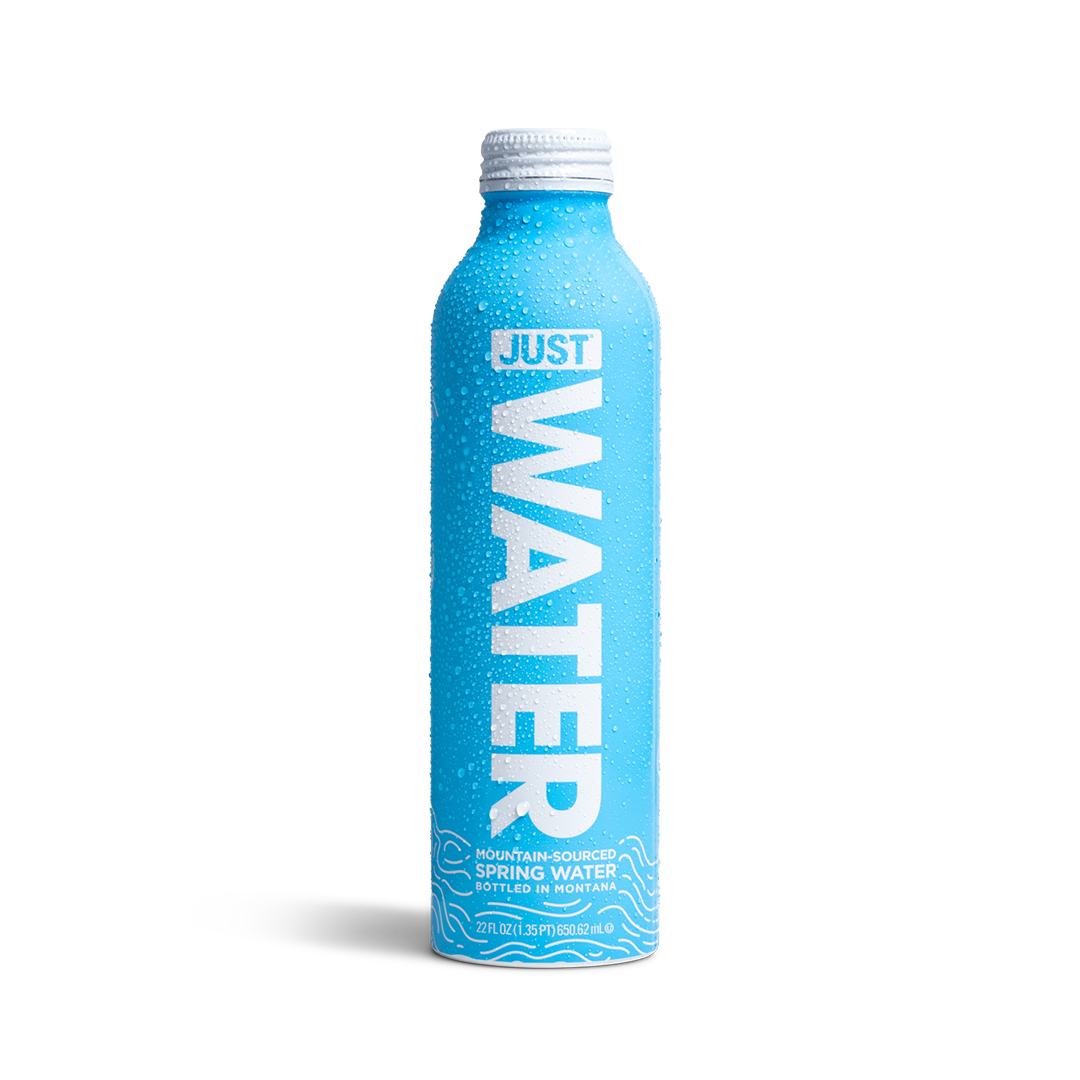
JUST WATER
Spring Water -- 22 fl oz Aluminum | 12 Pack
